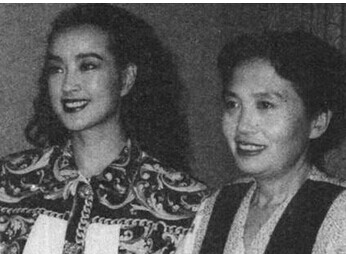
With global life expectancy now at age 68 for men and 73 for women, it’s more likely than ever that your children will have to support you in old age. But will it be your son or your daughter who steps up to take responsibility?
The answer may surprise you. Sons are not only less likely to support elderly parents, but are actually more likely to depend on them for financial support, making daughters the favoured gender. This trend is spreading to some of the world’s most patriarchal societies, including some in East Asia, where the greatest gender imbalance exists.
What’s your take on daughters versus sons?
Daughters are better financial investments than sons, according to recent data. Is there a cultural basis in these results, predicated on gender preference? Or is this a rising global trend?
For the past 40 years, US couples have consistently favoured sons over daughters.
American men favoured sons. Women, however, voted equally for both genders.
East Asian couples, who traditionally favoured sons, are now showing a preference for daughters.
In the past decade, the ratio of Chinese boys to girls born dropped from 12:10 to 11:10.
In 1999, 75% of Japanese couples said they hoped for a daughter.
In 2011, 66% of South Korean couples wanted a daughter.
Globally, it is believed that daughters are more likely to provide for their elderly parents. In the US, men are...
2x more likely to not provide emotional support;
3x more likely to live their parents out of financial necessity;
2x more likely to receive financial aid from their parents.
In China, where one of the world’s largest gender gaps exists, women provide more financial support than men.
In part due to cultural norms, Chinese women have higher rates of living with their parents than men. Those that do also offer greater financial support to their parents.




